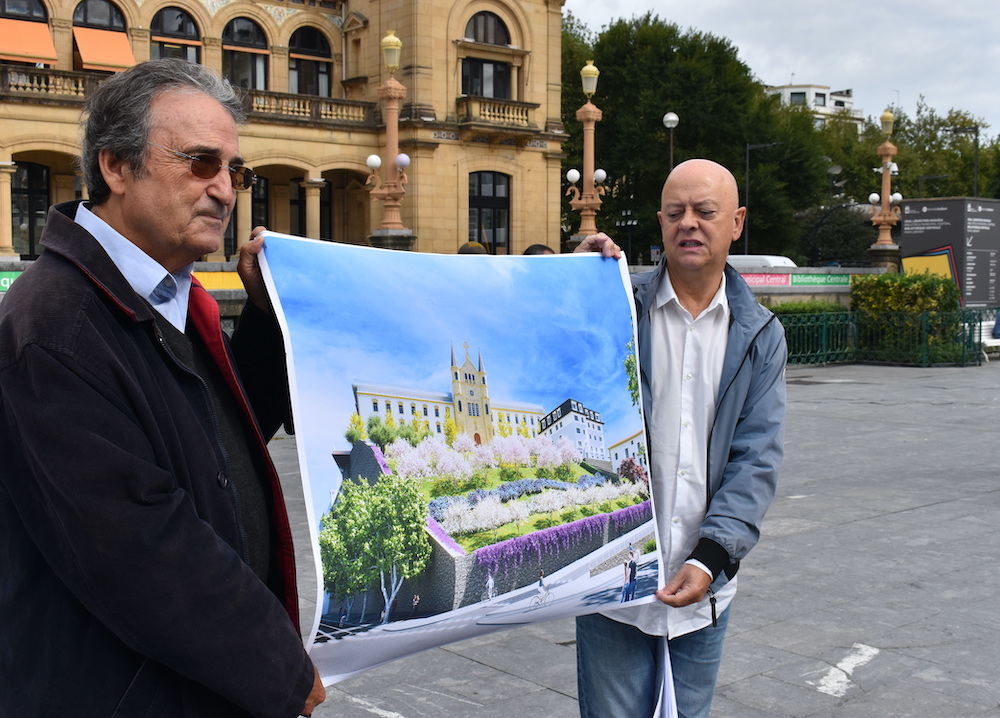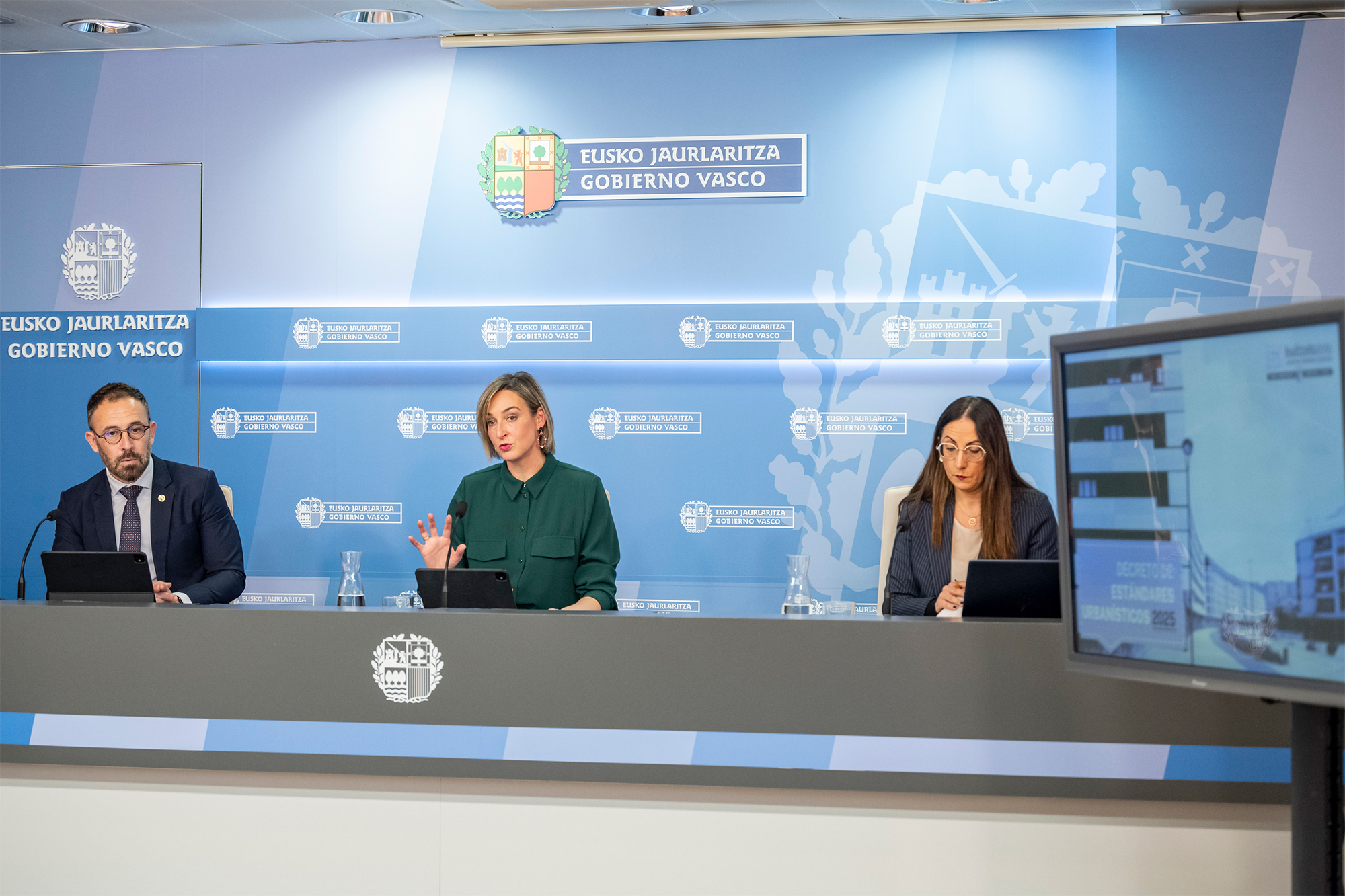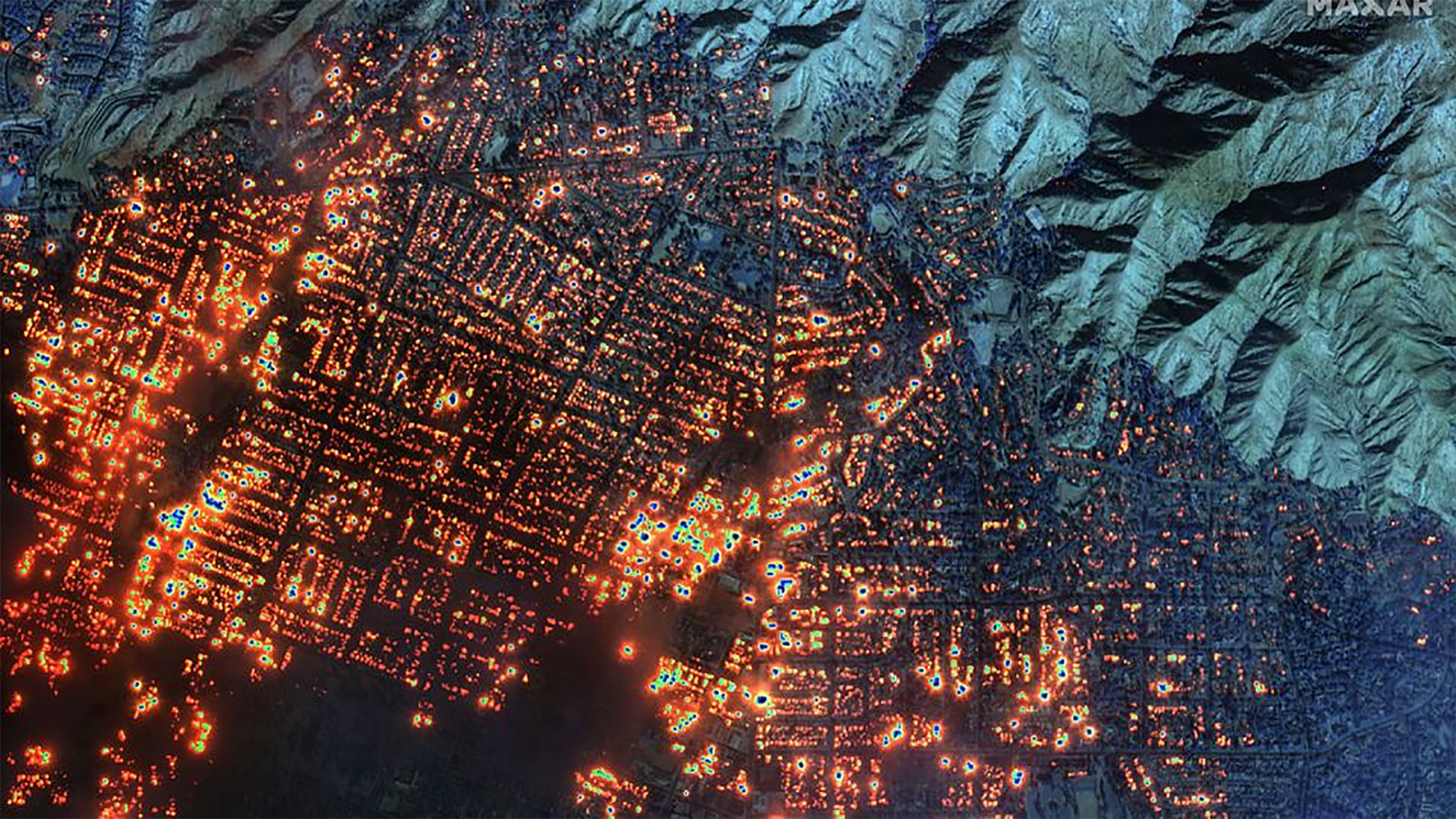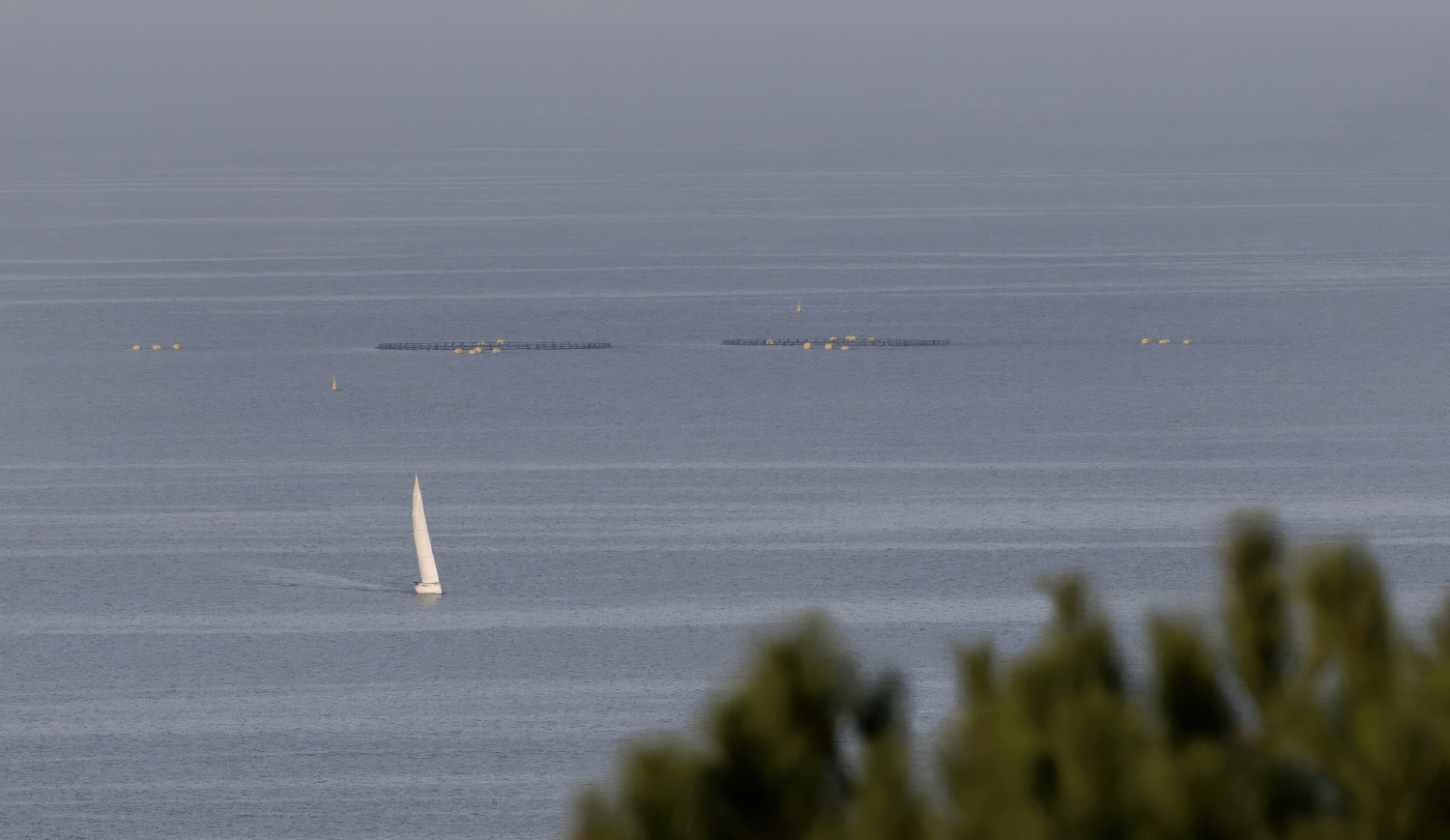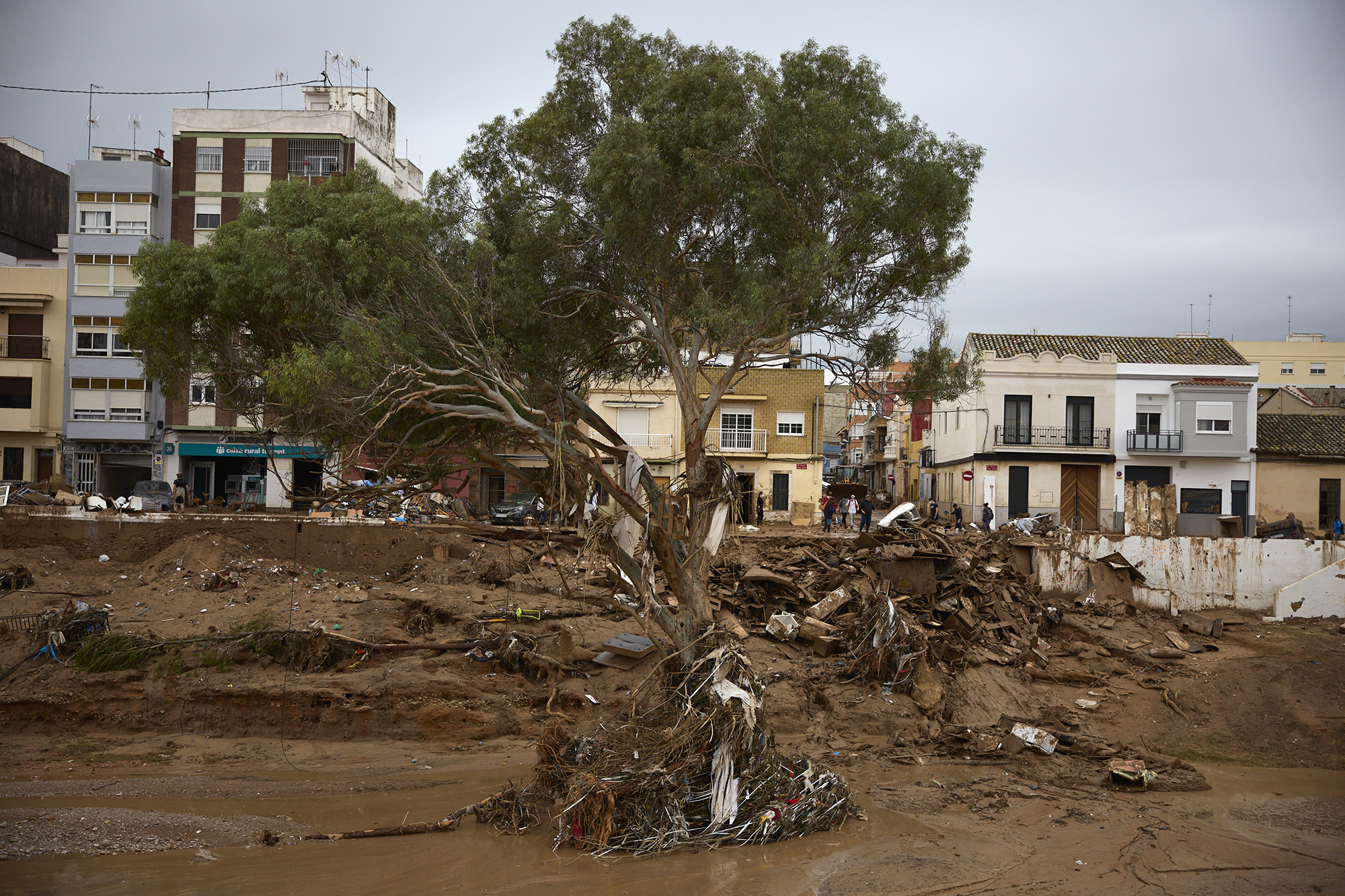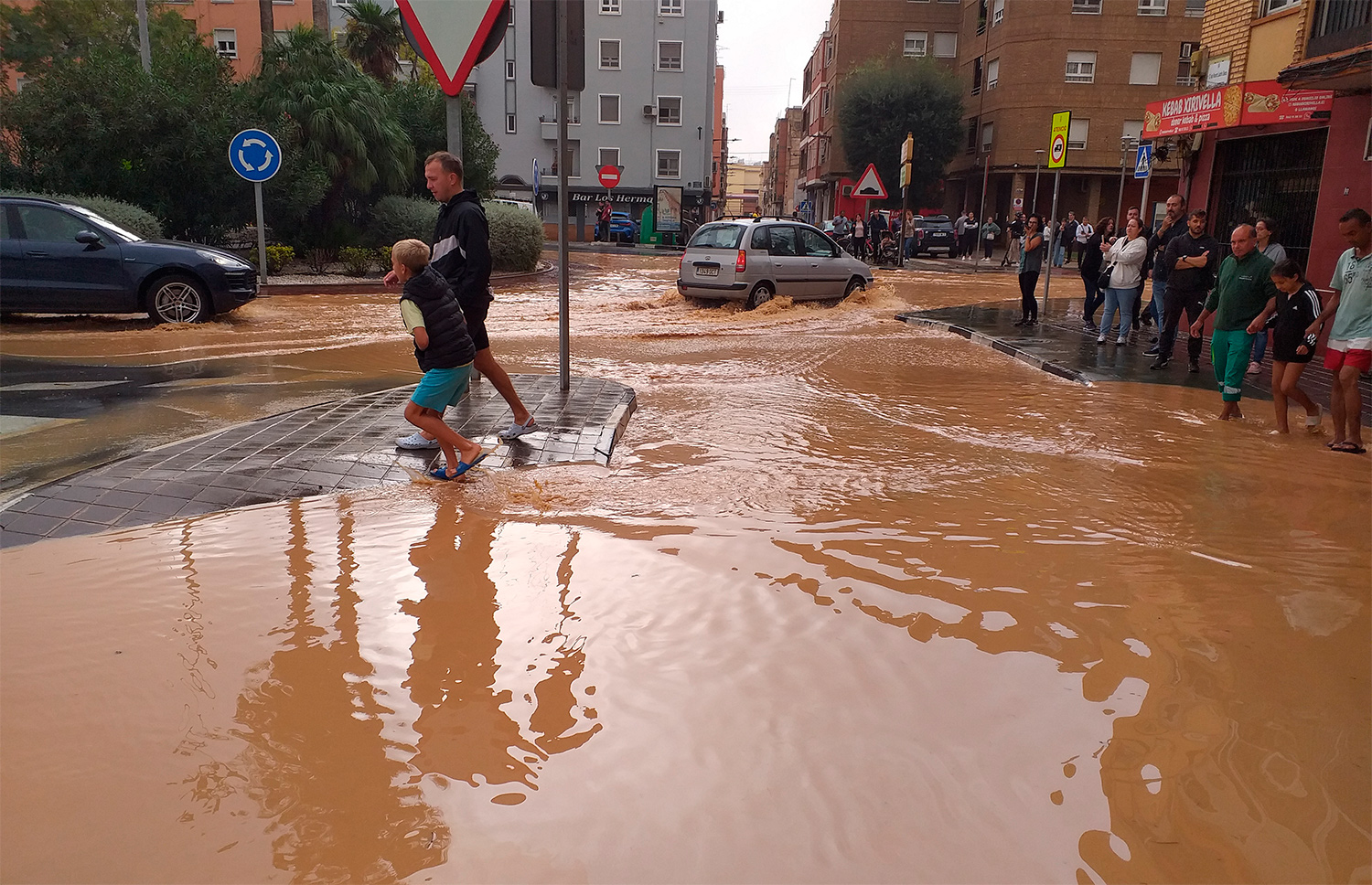At the Zabalgana festivities you agreed to convene a more general plenary.
Yes, to clarify the doubts we had. We met at the end of July, sharing and moving the information we had until then. The Zabalgana Batuz association has already announced that it would submit a technical claim. The neighbours, on the other hand, make a more popular claim to reach as many people as possible. We question the deficiencies observed in the project.
What deficiencies have you found?
The project submitted in 2010 was to have an area of 6.8 kilometers underground, and the current one has considerably reduced the length of the buried section (3.8 km), which means that in a large section of Salburua, Arkaiate, Larrein and Zabalgana the train will be open sky, with what this means. Among other things, the increase in the number of railway lines will increase the number of passengers and freight trains by the surface, and we are concerned about the increase in noise and vibration that this entails. In addition, to reduce the noise problem, the project proposes the installation of panels up to six meters high depending on the place, with the consequent isolation and visual impact.
Besides in the homes, the trains will circulate very close to the schools...
Yes. From Zabalgana School. We believe it will not be very far from Errekabarri, which is now being built in Salburua, but if the project is in June of this year, that school does not appear in the project. In this case, ignorance predominates.
The neighbors of the Avenida de Castilla y León area have also been concerned.
Yes, they've started to move. This week an information meeting was held at the Palace of the Zarzuela. The project is concerned about the planned tunnels and possible conditions to burial, among others: vibrations, pollution...
You worked throughout the month of August...
That's right. Throughout the month we have been informing the Vitorians about the lack of information about the project: we have placed posters on the portals of the affected neighborhoods and have convened informative meetings to respond, as far as possible, to the doubts of the people. At the Vitoria-Gasteiz festivities we were also in different places to get more echo. The intention has been to collect as many allegations as possible.
And how many have you collected so far?
Until Tuesday, we had about 5,000. It is not bad considering that all this has been a matter of a month, and also in August. There has been no presence throughout the month and it has been very difficult, but in recent days there has been a large increase in visitors. To this must be added the silence surrounding the issue, no one says anything. We have come to the City Hall and you have replied that you are not going to say anything until the deadline for claims is over. It is quite surprising and serious that, in a strategic project such as this, citizenship is as we are.
Have you had any contact with the political groups?
No. From the outset we have wanted to keep ourselves out of the political parties; if you want to make our echo known, we will be very grateful, because we want to reach any vitorian. We are diverse. The project has many shortcomings and what we really want is for a serious project to be presented, or at least for those shortcomings to be corrected, for those who have excluded us to be listened to and for everyone to remember something serious.
You are especially on the Gasteiz Batu platform those who live closer to the railroad. The submission of claims is open to anyone.
Of course. We feel that we are directly harmed, but, after all, the project affects the whole of Vitoria-Gasteiz; among other things, because we are all going to pay for it. The economic cost of the project amounts to EUR 872 million and the City of Vitoria-Gasteiz will contribute more than EUR 130 million.
Once the allegations have been filed, what?
We're going to make decisions as the information comes out. We assume that, once the allegations have been made, there will be a response; among other things, in addition to the technical arguments put forward by the government, the Council, the City Hall, the political parties and the associations of neighbours and neighbours, there are also those of the citizens, who will have to respond to them all. We also believe that the mayor is going to say something. But in any case, Gasteiz Batua will not end this; this will continue.












